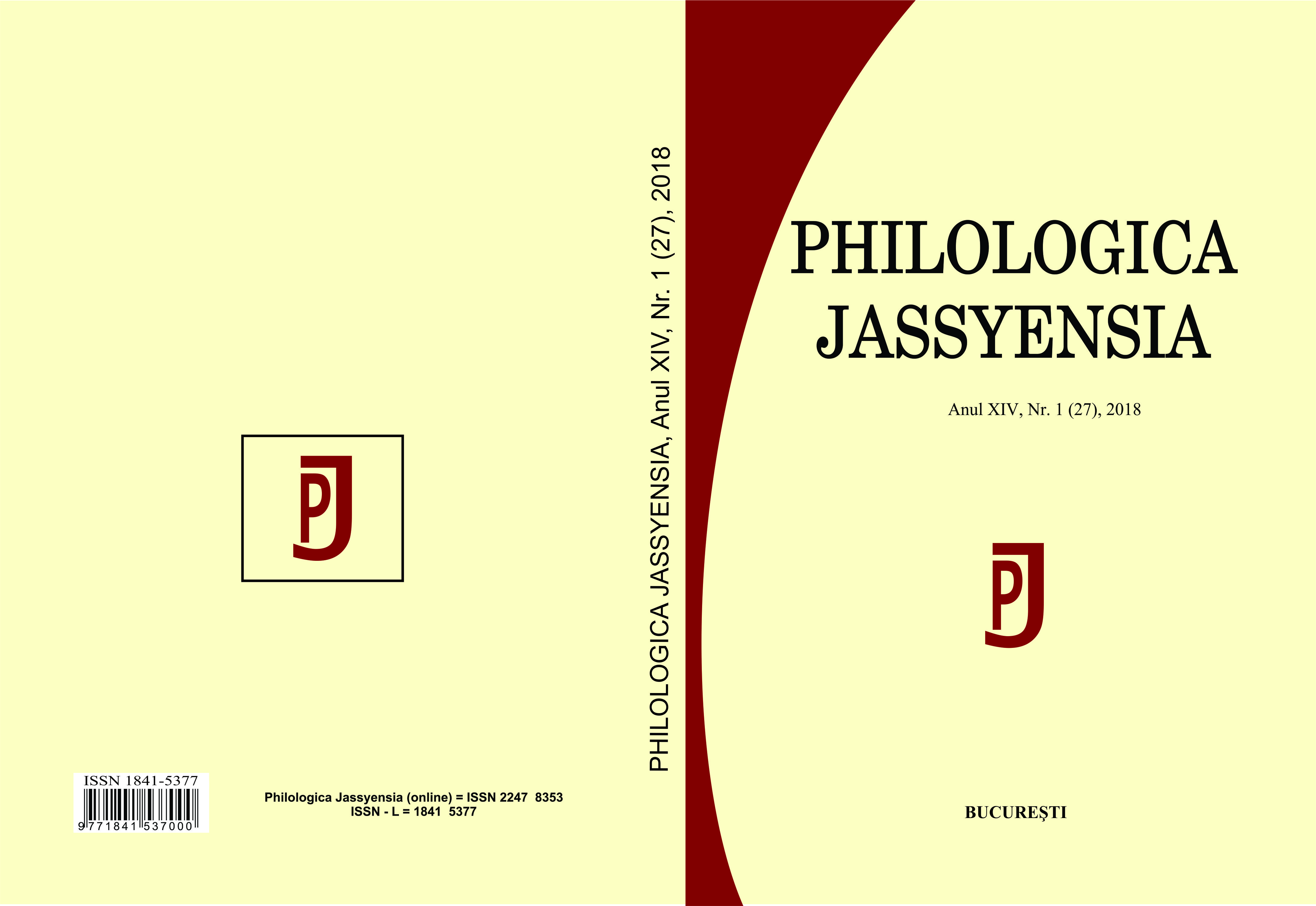STARE + participio en las principales lenguas románicas
STARE + Perfect Participle in the Main Romance Languages
Author(s): Jukka Havu, Elenn ȘtirbuSubject(s): Language and Literature Studies
Published by: Editura Tracus Arte
Keywords: verbal periphrases; predicative verbs; Romance languages; resulting state
Summary/Abstract: The object of this study is the construction STARE + perfect participle (=PP) as the expression of a resulting state in different Romance languages. The perfect participles are traditionally divided into adjectival and verbal participles. In principle, the former pertain to the lexicon and behave like adjectives, whereas the latter are verbal predicates in nominal form, often part of verbal periphrases (e.g. in Spanish ser/estar/tener/ir/venir/quedar, etc. + PP). A classic example of the first group is Sp/Port. cansado and Cat. cansat ‘tired’, which could hardly be considered an occurrence of the periphrasis estar + PP in spite of the fact that cansado/cansat is derived from the verb cansar ‘to tire’; it shares most of the typical features of a normal adjective construed with the verb estar (e.g. intensifiers and comparatives, Sp. estoy muy cansado/cansadísimo ‘I’m very/dead tired’, estoy recansado/ requetecansado ‘I’m awfully tired’, estoy más cansado que tú ‘I’m more tired than you’, etc.). However, the distinction between adjectival and verbal participles is by no means clear-cut. For instance, the participle abierto has undoubtedly an adjectival reading when applied to human characteristics (Paco es abierto a todo ‘P. is open to everything’), but a verbal interpretation imposes itself when it denotes the result of opening (la puerta está abierta ‘The door is open’). The semantic area of estar + participle in Ibero-Romance languages is determined by the aspectual properties of the predicates. In Spanish, the construction estar + PP has a very wide range of use. Traditionally, it is the fundamental expression for the resultative passive with transitive predicates and the expression of a resulting state with unaccusative predicates, ser + PP being the periphrasis of the eventive passive. However, there are a number of deviating cases: i) unaccusative motion verbs are not compatible with estar + PP in their basic meanings (?? Paco está entrado ‘P. has come in’), but combine with it in a metaphorical sense (Paco está entrado en años ‘P. is getting on in years’); ii) many telic predicates do not produce a resulting state and reject the expression estar + PP (Laura tocó la sonata > *La sonata está tocada ‘L. played the sonata’). However, these predicates are compatible with the periphrasis when they are accompanied by an expression of an agent in brochures, programs, etc, (la sonata está interpretada por un solista famoso ‘The sonata is played by a famous soloist’), in which case they are more or less equivalent to the expression ser + PP; iii) with many degree verbs that have an activity and an accomplishment reading (e.g. engordar ‘to get fat / fatten’), the periphrasis estar + PP combines much more naturally with the accomplishment interpretation (el presupuesto está engordado ‘The budget has been fattened’ vs. ?Paco está engordado ‘P. has become fat’); iv) the compatibility of many activity predicates with estar + participle gives rise to slightly surprising phenomena; for example, the participle of the verb ayudar ‘to help’ is very rare with estar (estaba ayudado por un médico ‘He/she was being helped by a physician’), but verbs like asistir, auxiliar, secundar, practically synonymous with ayudar, combine more freely with estar. In Portuguese, Duarte & Oliveir, analyse ser + PP as eventive passive, ficar + PP as resultative passive and estar + PP as stative passive. The existence of double participial forms of certain verbs (like elegir ‘to elect’ > ter elegido vs. ser/estar/ficar eleito) seems to support this approach. However, the fact that also in Portuguese, estar + PP may combine with activity predicates (like estou ajudado ‘I’m being helped’), makes this analysis slightly problematic. In Catalan, the periphrasis estar + PP as an expression of a resulting state is gaining ground at the expense of ser + PP, which is considered more “conservative” or “authentic” by traditional normative grammar (see Ramos 2002). In the northern regions of the Catalan linguistic area the use of ser + PP as the expression of a resulting state alongside with that of the eventive passive is still widely used (e.g. la botiga és oberta ‘The shop is open’). In more central areas the verb estar (la botiga està oberta) has become clearly more frequent. This is probably due to the Castilian influence at least in part, and the fact that estar + PP is being quite widely used also with transitive activity verbs (e.g. la casa està vigilada per la policia ‘The house is being guarded by the police’) seems to indicate that in this domain Catalan is particularly permeable to Castilian influence. In Italian and Romanian, STARE + PP has not evolved into a grammaticalised periphrastic structure. In both languages, the verb STARE (It. stare; Rom. a sta) can be followed by a perfect participle, but is often interpreted as a near synonym of ‘remain’ (It. il museo sta aperto fino a tardi; Rom. muzeul stă deschis până târziu ‘The Museum is open until late’). There are also other uses, especially of posture (It. sta seduto/-a and Rom. stă așezat/-ă ‘He/she is sitting’), and cases where the construction is accompanied by a locative expression (It. la figura sta dipinta nella volta ‘The figure has been painted on the vault’; Rom. o hartă stă lipită pe perete ‘A map has been glued on the wall’). The extensive use of STARE – participle in Ibero-Romance languages has been made possible by the lexicalisation of STARE as a predicative verb with distinctive semantic properties. In Romanian and standard Italian, STARE as an predicative verb can practically always be replaced by a fi / essere without a significative change of meaning. Thus, the grammaticalisation process passes through a lexicalisation process.
Journal: Philologica Jassyensia
- Issue Year: XIV/2018
- Issue No: 1 (27)
- Page Range: 59-82
- Page Count: 24
- Language: Spanish

